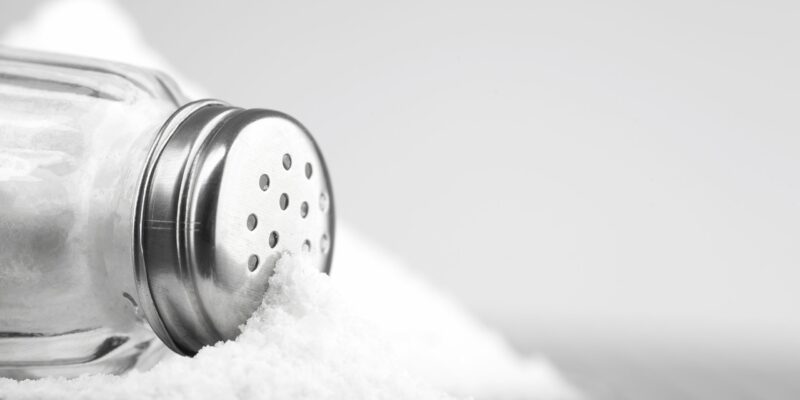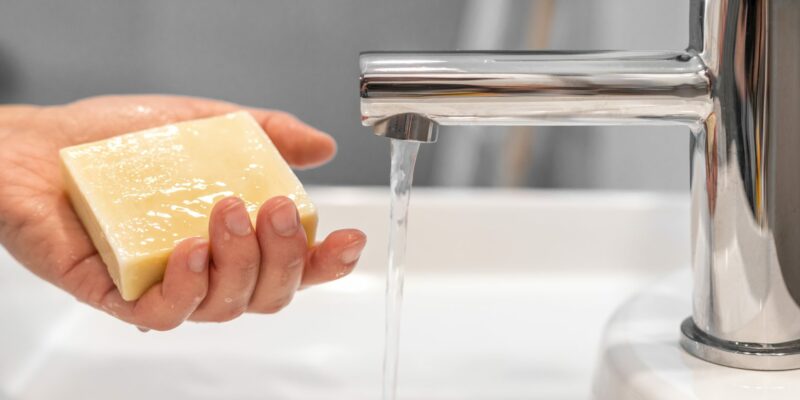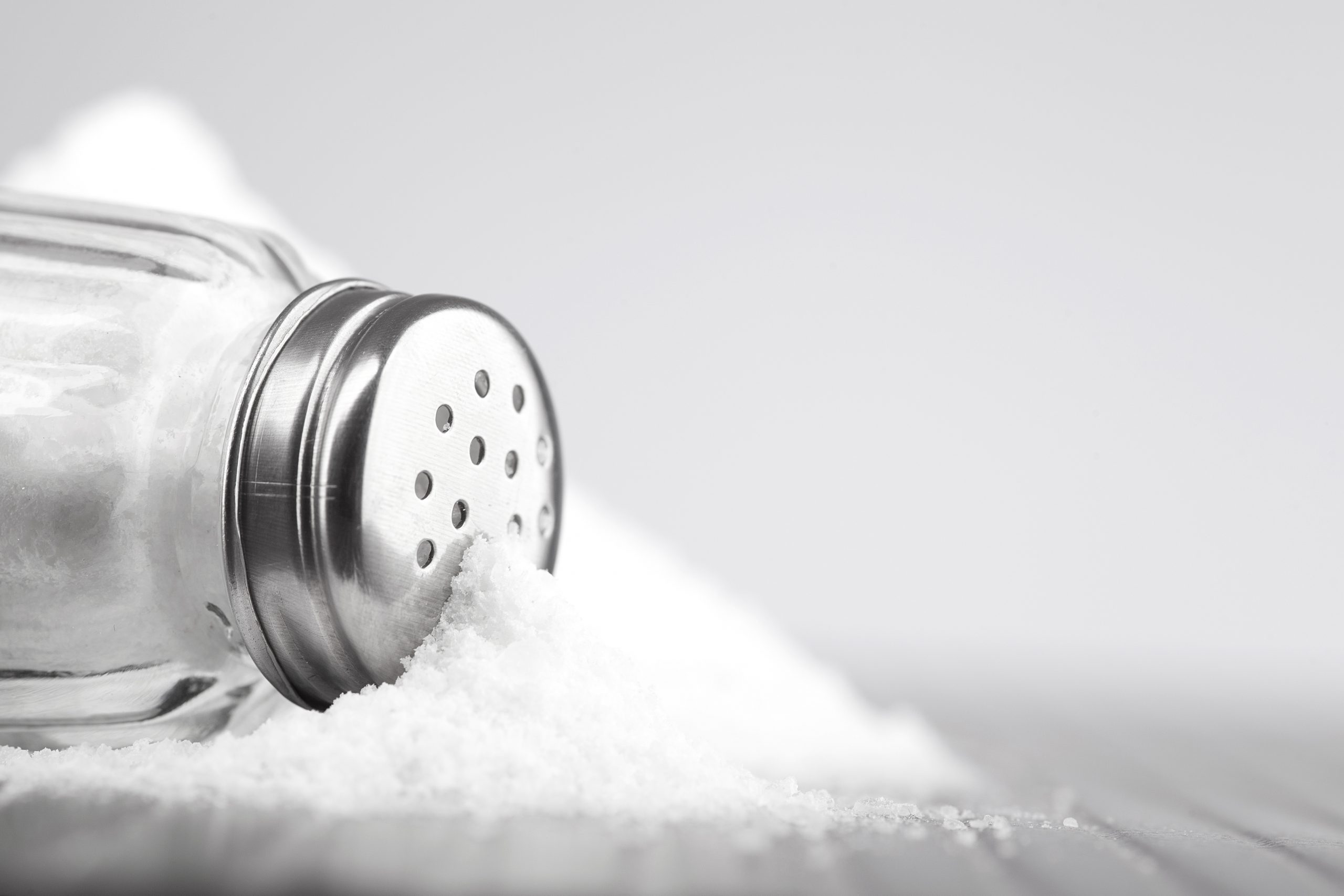Key Points/Overview
Sodium chloride is an essential nutrient and is used in healthcare to help prevent patients from becoming dehydrated.
It is used as a food preservative and as a seasoning to enhance flavor.
Sodium chloride is also used in manufacturing to make plastics and other products, and it is used to de-ice roads and sidewalks.
Salt is regulated by the FDA as a “generally recognized as safe” (GRAS) ingredient. A GRAS substance is one that has a long history of safe, common use in foods, or that is determined to be safe, for the intended use, based on proven science.
Uses & Benefits
Sodium chloride is an essential nutrient and is used in healthcare to help prevent patients from becoming dehydrated. It is used as a food preservative and as a seasoning to enhance flavor. Sodium chloride is also used in manufacturing to make plastics and other products. It is also used to de-ice roads and sidewalks.

Medical and Health
Hospitals use an intravenous sodium chloride solution to supply water and salt to patients to alleviate dehydration. Sodium chloride is essential to maintain the electrolyte balance of fluids in a person’s body. If levels of electrolytes become too low or too high, a person can become dehydrated or over hydrated, according to U.S. National Library of Medicine.2

Food Flavoring and Preservative
Sodium chloride has been used to flavor and preserve foods for thousands of years. As a preservative, salt helps to prevent spoilage and helps to keep foods like ready-to-eat meats and cheeses safe to eat.3 Salt is also used in fermenting processes for foods like sauerkraut, pickles and kefir.

Manufacturing
Large quantities of sodium chloride are used in industrial manufacturing settings to make a range of products. Plastic, paper, rubber, glass, chlorine, polyester, household bleach, soaps, detergents and dyes are made using sodium chloride.

De-Icing Roads
Roadways and sidewalks are often de-iced by rock salt. Rock salt is the same type of salt used on your dinner table before it is ground into finer crystals.

Safety Information
Salt is regulated by U.S. Food and Drug Administration (FDA) as a “generally recognized as safe” (GRAS) ingredient.4 A GRAS substance is one that has a long history of safe, common use in foods, or that is determined to be safe, for the intended use, based on proven science. These substances need not be approved by FDA prior to being used.
FDA requires food labels to include information on a product’s sodium content.5 In addition, U.S. Dietary Guidelines6 reported from the U.S. Departments of Health and Human Services (HHS) and of Agriculture (USDA) recommend that most people consume no more than 2,300 milligrams of sodium a day, or about a teaspoon of table salt.7 FDA notes that consuming too much salt can contribute to hypertension. Some people are more sensitive to the effects of salt than others and should eat less of it.8
Sources
- Sodium chloride | NaCl – PubChem (nih.gov)
- Fluid and Electrolyte Balance: MedlinePlus
- Implications of salt and sodium reduction on microbial food safety – PubMed (nih.gov)
- CFR – Code of Federal Regulations Title 21 (fda.gov)
- Changes to the Nutrition Facts Label | FDA
- 2015-2020 Dietary Guidelines | health.gov
- Sodium in Your Diet: Use the Nutrition Facts Label and Reduce Your Intake (fda.gov)
- Sodium: MedlinePlus


